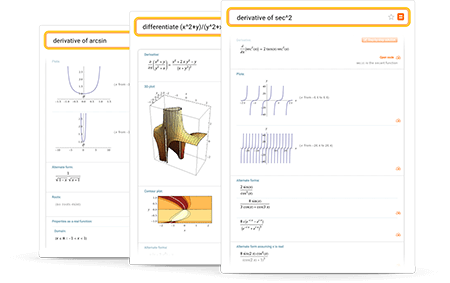
Derivative Calculator Wolfram Alpha
Find the derivative of (ln(x^2y^2)/2 The derivative of a function multiplied by a constant (\frac{1}{2}) is equal to the constant times the derivative of the function The derivative of the natural logarithm of a function is equal to the derivative of the function divided by that function If f(x)=ln\a (where a is a function of x), then \displaystyle f'(x)=\frac{a'}{a}Here we have used the chain rule and the derivatives d d t ( u 1 t x 0) = u 1 and d d t ( u 2 t y 0) = u 2 The vector f x, f y is very useful, so it has its own symbol, ∇ f, pronounced "del f'';
Second partial derivative of ln(x^2+y^2)
Second partial derivative of ln(x^2+y^2)- The derivative of x is 1 Plug x into our equation for 'e y % We get ( x) dy/dx = 1 and divide both sides of this equation by x to get dy/dx = 1/Derivative Of ln x, Natural Logarithm – The natural logarithm of a number x is the logarithm to the base e, where e is the mathematical constant approximately equal to 2718 It is usually written using the shorthand notation ln x, instead of log ex as you might expect For example, logarithms are used to solve for the halflife, decay constant, or unknown time in exponential decay problems

Proof The Derivative Of Ln X Is 1 X Video Khan Academy
This video illustrates the tangent line to the 3D surface to illustrate the meaning of the value of a directional derivativewebsite http//mathispower4ucomThe derivative of 2 x is usually expressed in terms of "ln" to be d/dx (2 x) = 2 x ln 2 But we know that ln = logₑ and hence the same formula can be written alternatively to be d/dx (2 x) = 2 x logₑ 2 What is the Second Derivative of 2 to the x?Experts are tested by Chegg as specialists in their subject area We review their content and use your feedback to keep the quality high y=ln (x^2y^2) y' = 1/ (x^2y^2) * View the full answer
The derivative of ln (x) is 1/x We show why it is so in a different video, but you can get some intuition here Derivatives of cos (x), sin (x), 𝑒ˣ, and ln (x) Derivatives of sin (x) and cos (x) Worked example Derivatives of sin (x) and cos (x) Practice Derivatives of sin (x) and cos (x) Proving the derivatives of sin (x) and cos (x)Let y=ln (x^2y^2) Determine the derivative y' at the point (1,0) y' (1)= ?Get All Your Answers Here Category EDUCATION TIPS The natural logarithm of an integer x is the logarithm to the base e, where e is the mathematical constant 2718 It is typically expressed using the shorthand notation ln x rather
Second partial derivative of ln(x^2+y^2)のギャラリー
各画像をクリックすると、ダウンロードまたは拡大表示できます
 | 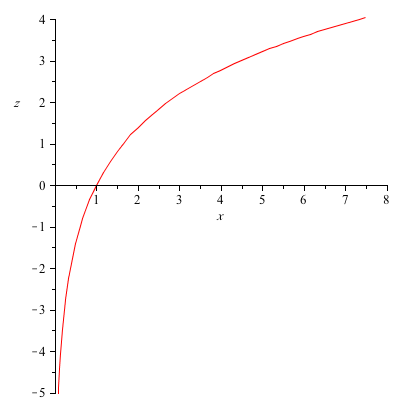 | |
 | 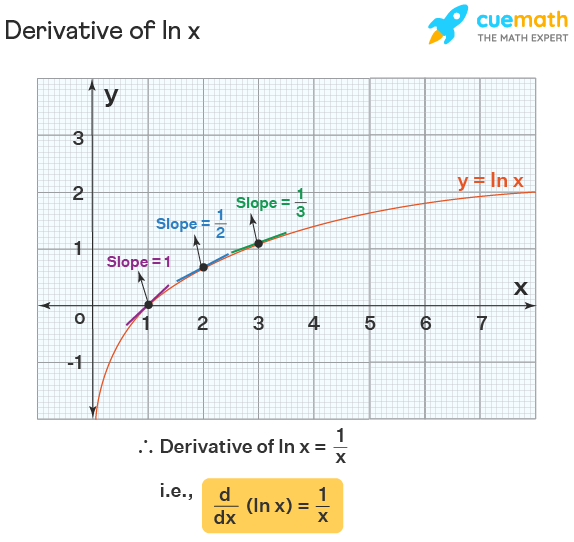 |  |
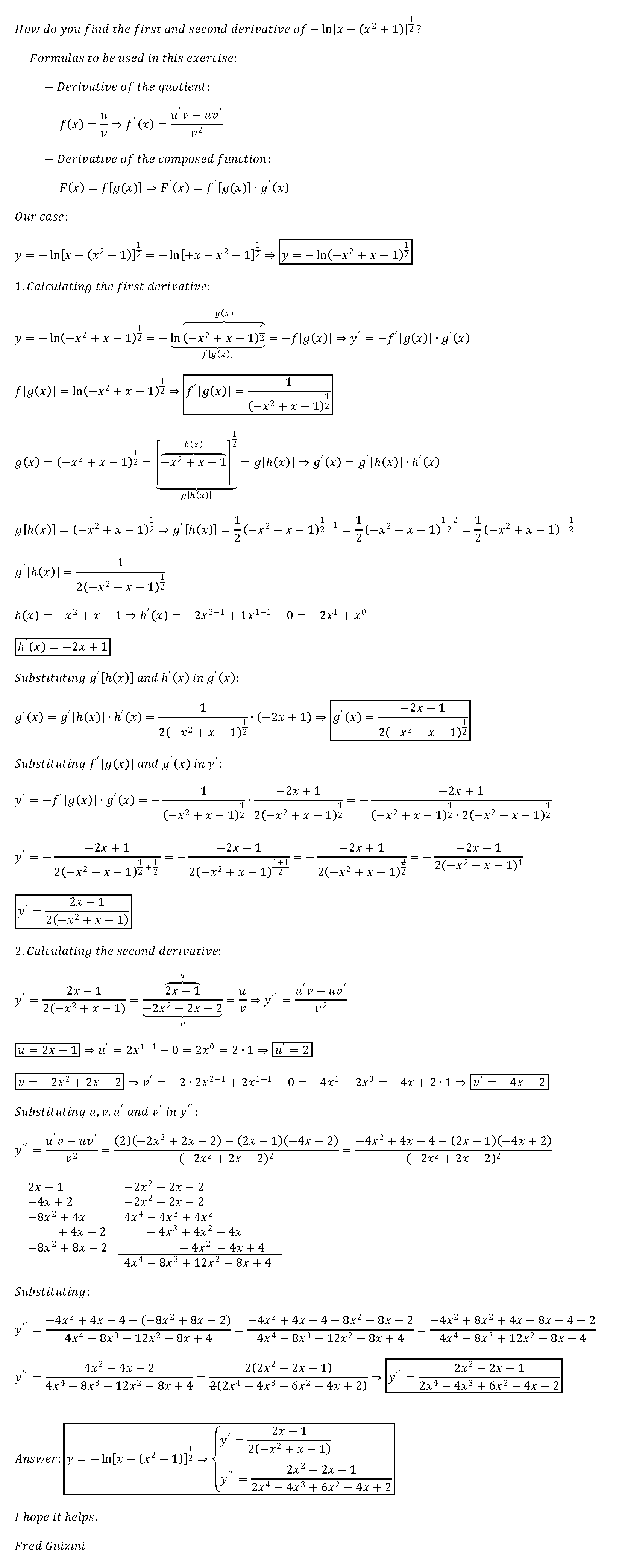 |  | |
「Second partial derivative of ln(x^2+y^2)」の画像ギャラリー、詳細は各画像をクリックしてください。
 |  |  |
 | ||
 | ||
「Second partial derivative of ln(x^2+y^2)」の画像ギャラリー、詳細は各画像をクリックしてください。
 | 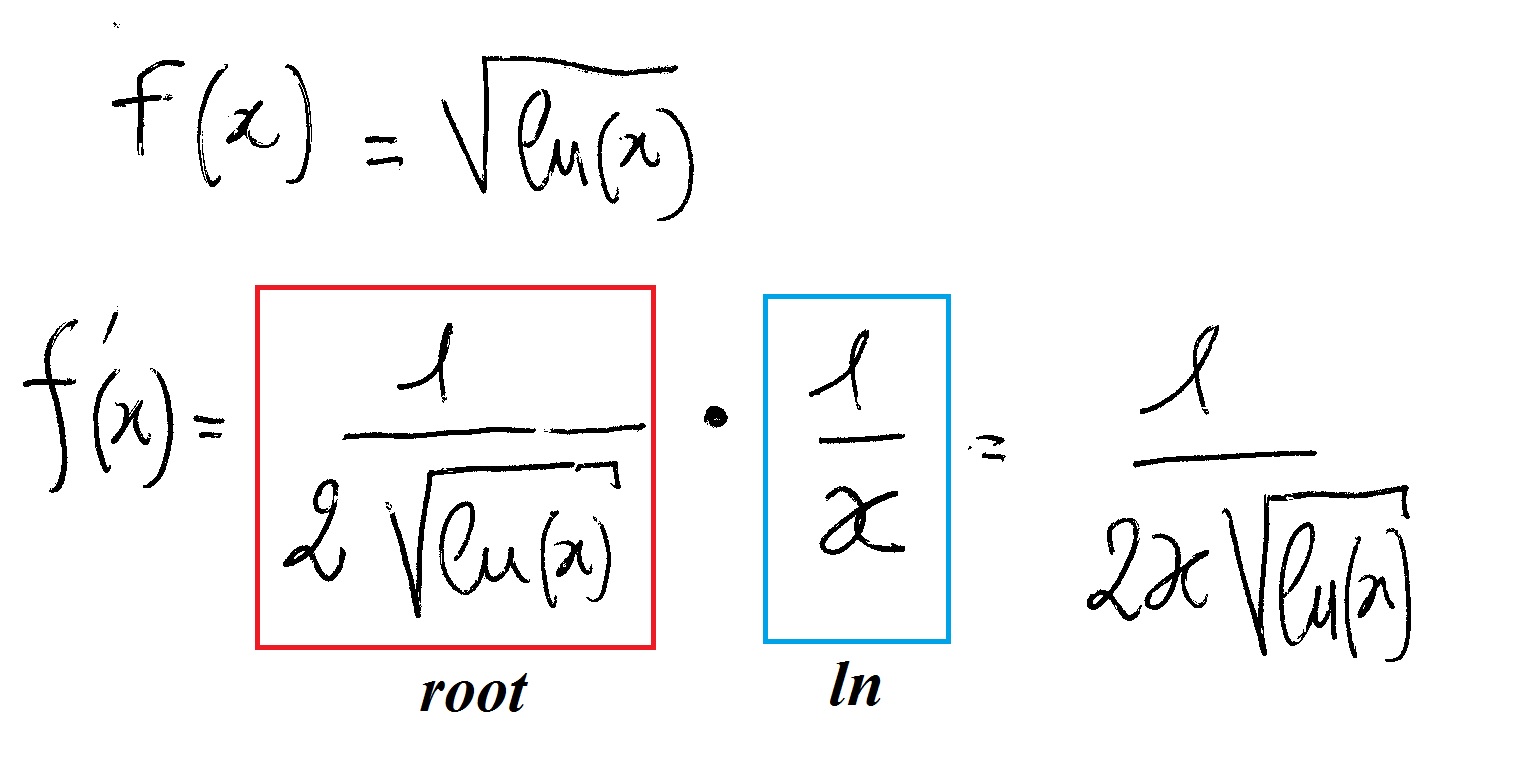 |  |
 | 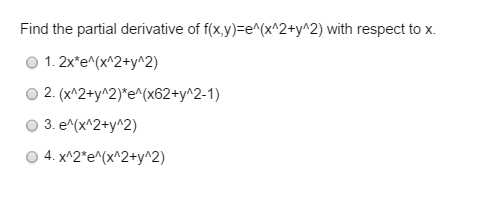 | |
 |  |  |
「Second partial derivative of ln(x^2+y^2)」の画像ギャラリー、詳細は各画像をクリックしてください。
 |  | |
 |  | |
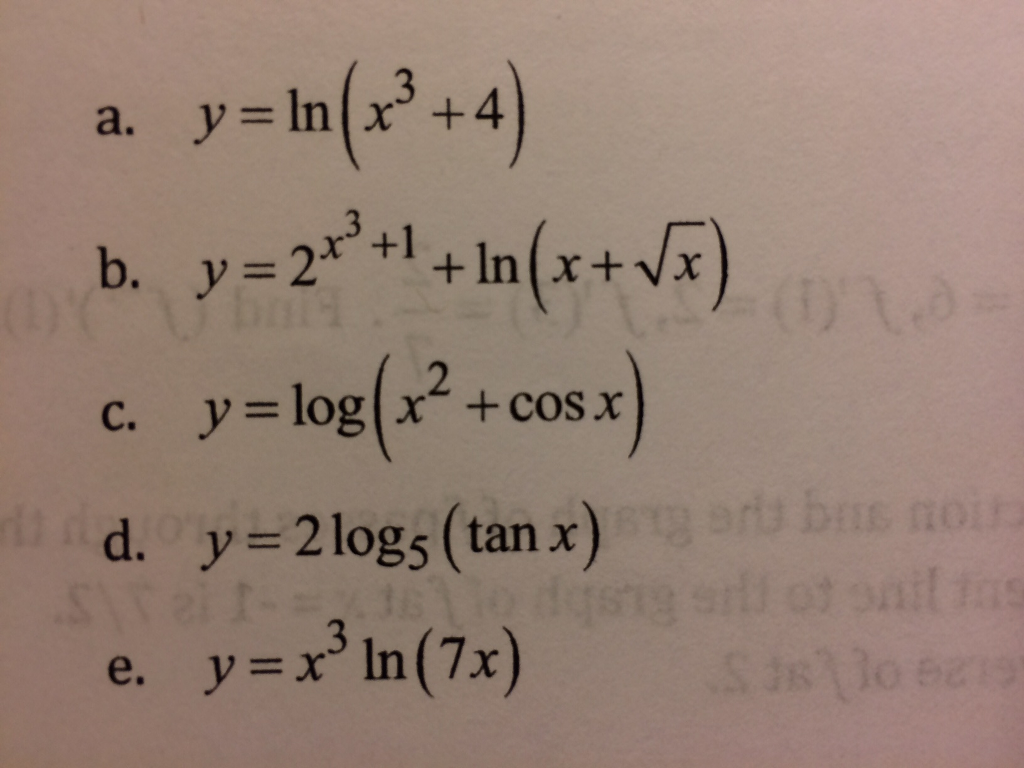 |  |  |
「Second partial derivative of ln(x^2+y^2)」の画像ギャラリー、詳細は各画像をクリックしてください。
 | 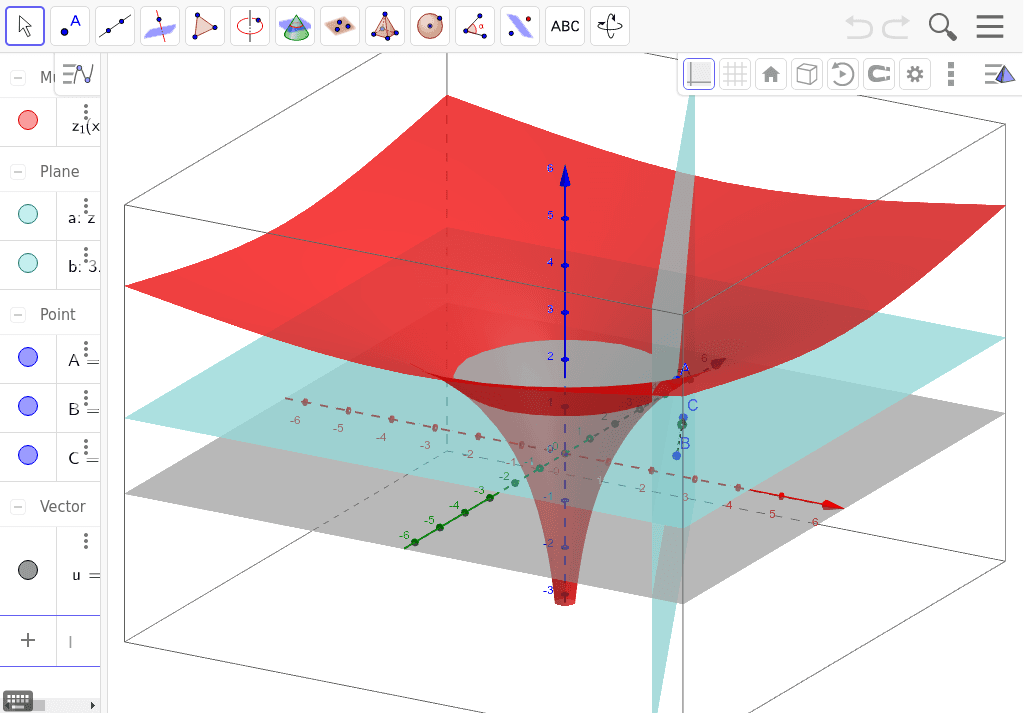 |  |
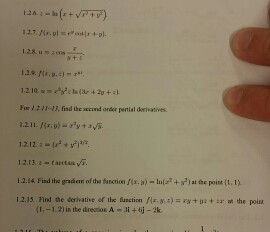 |  | |
 | 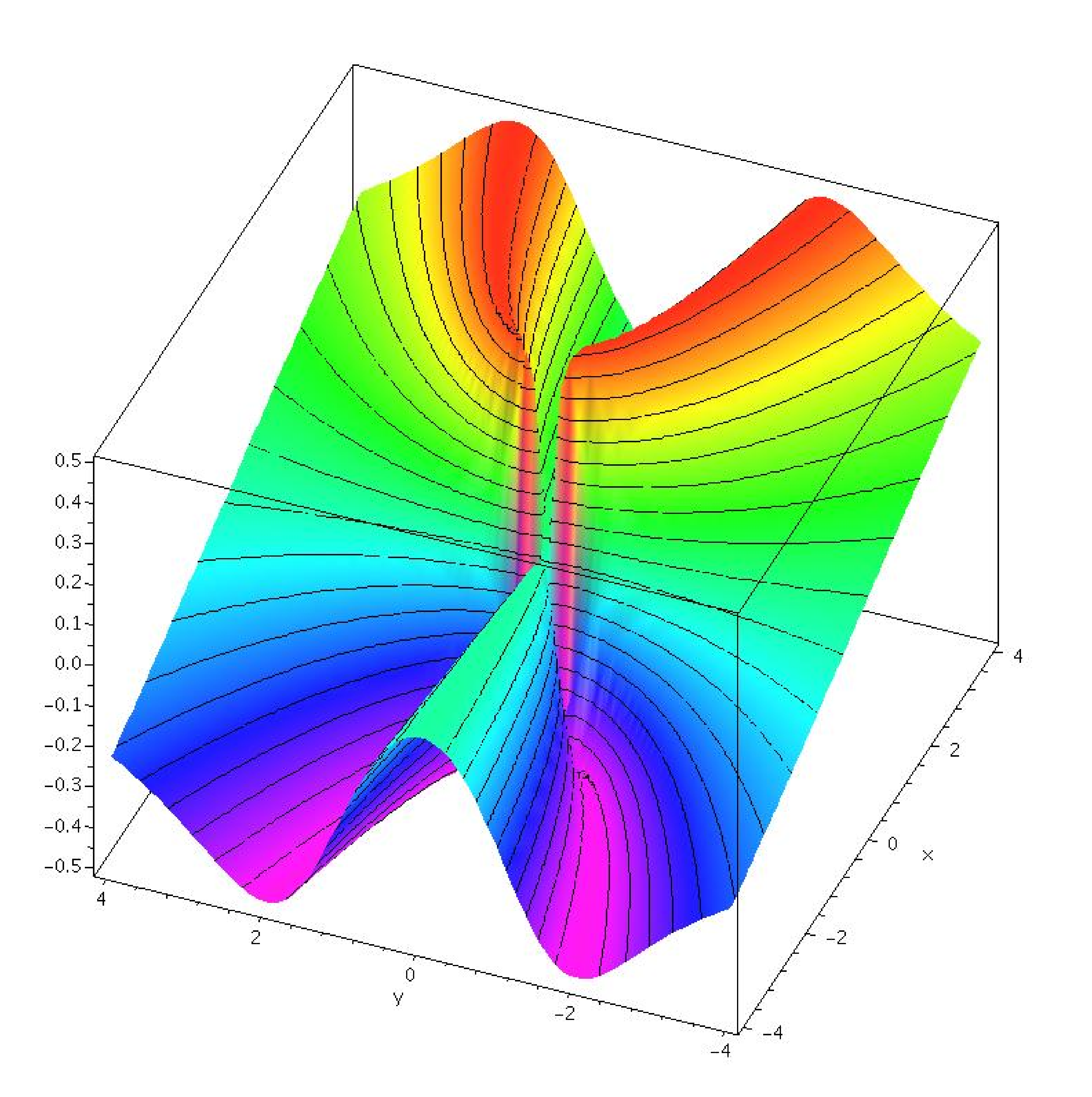 |  |
「Second partial derivative of ln(x^2+y^2)」の画像ギャラリー、詳細は各画像をクリックしてください。
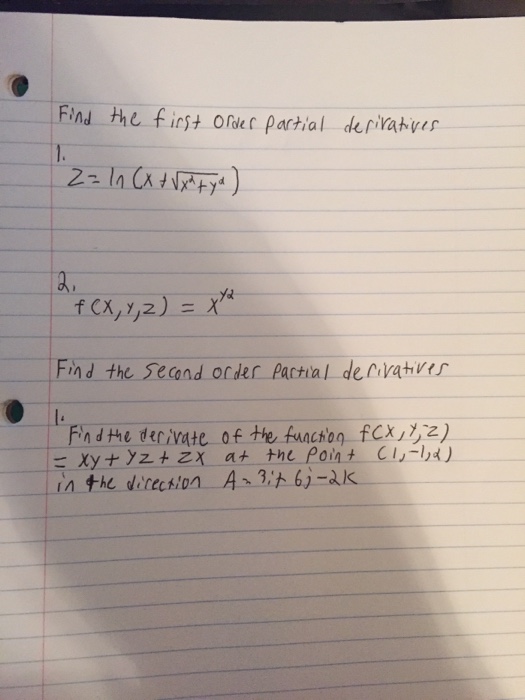 |  | |
 |  | 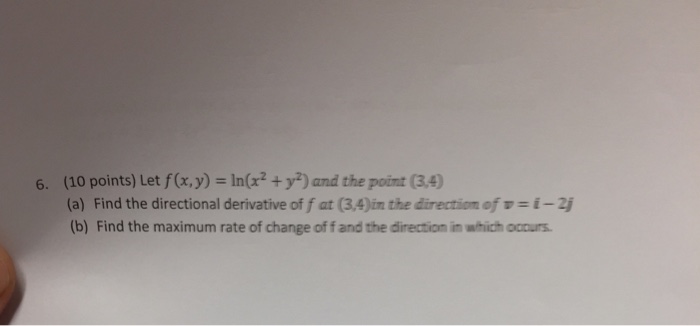 |
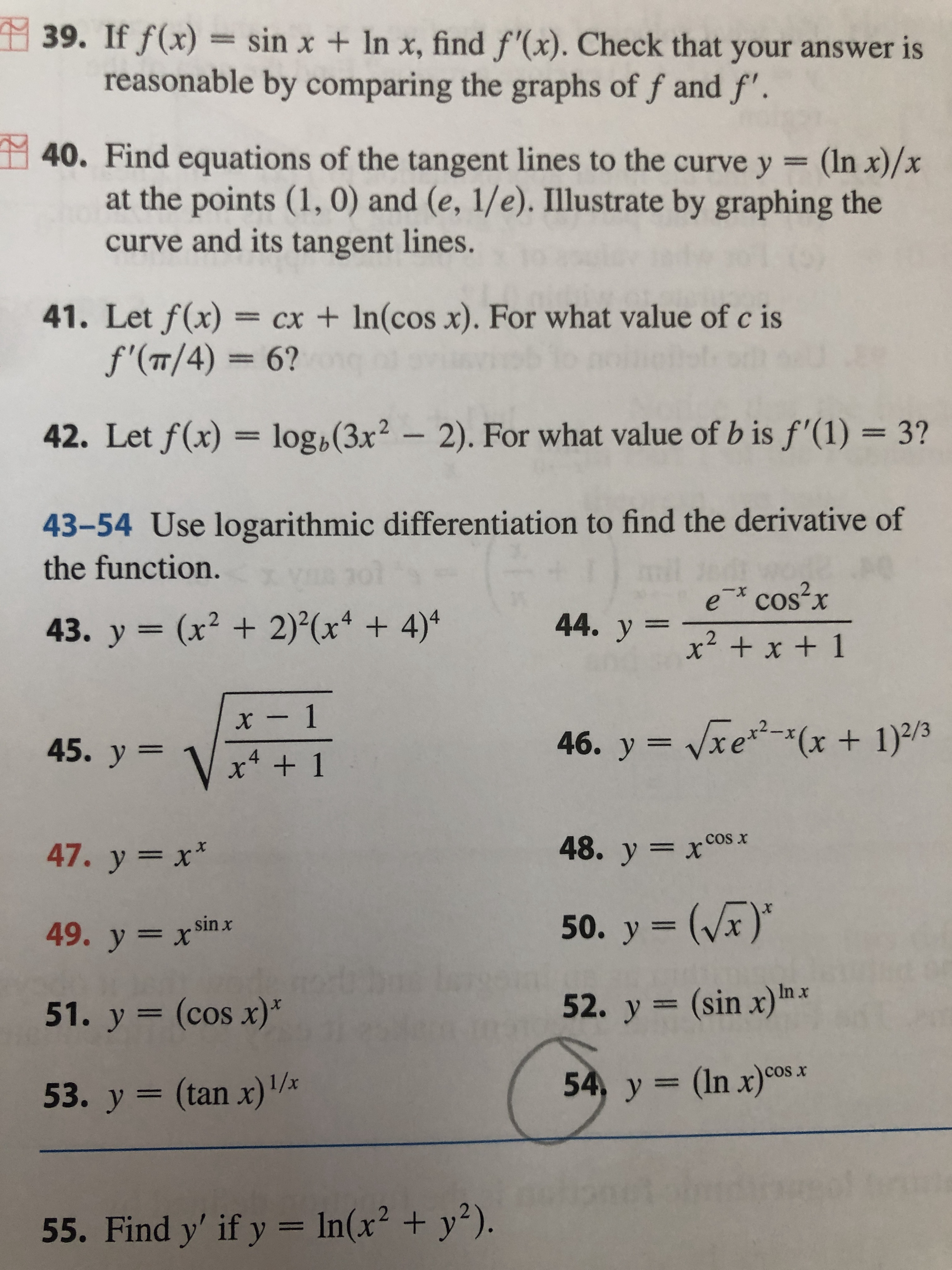 | 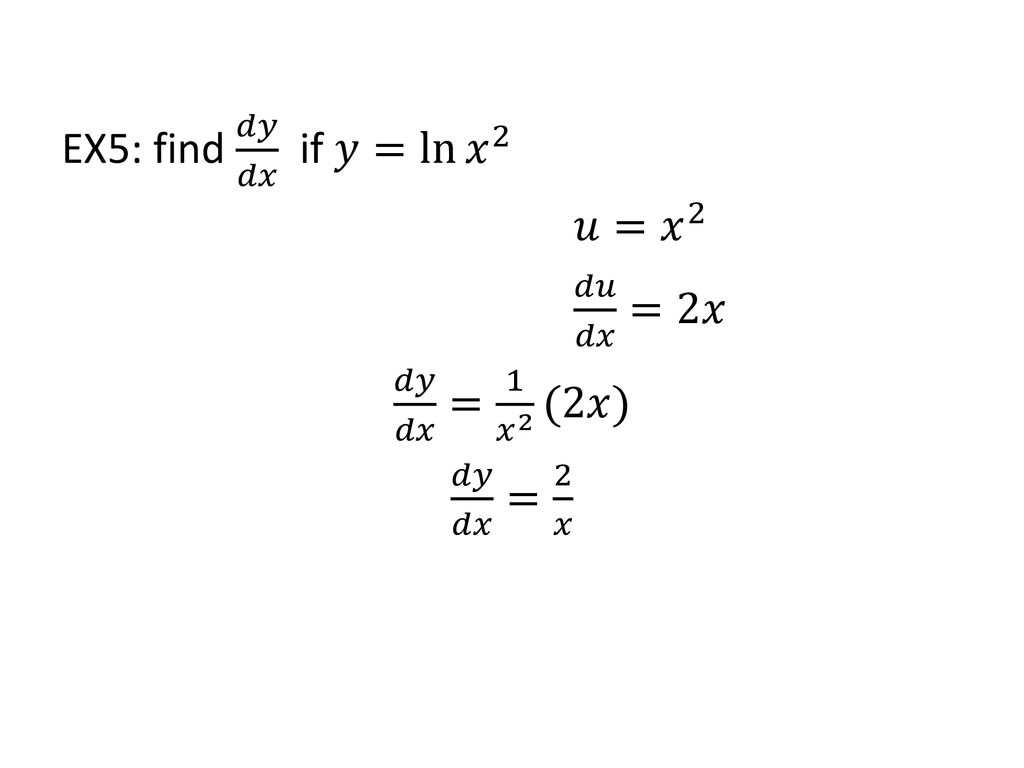 | 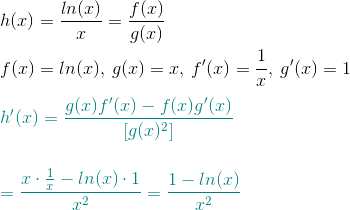 |
「Second partial derivative of ln(x^2+y^2)」の画像ギャラリー、詳細は各画像をクリックしてください。
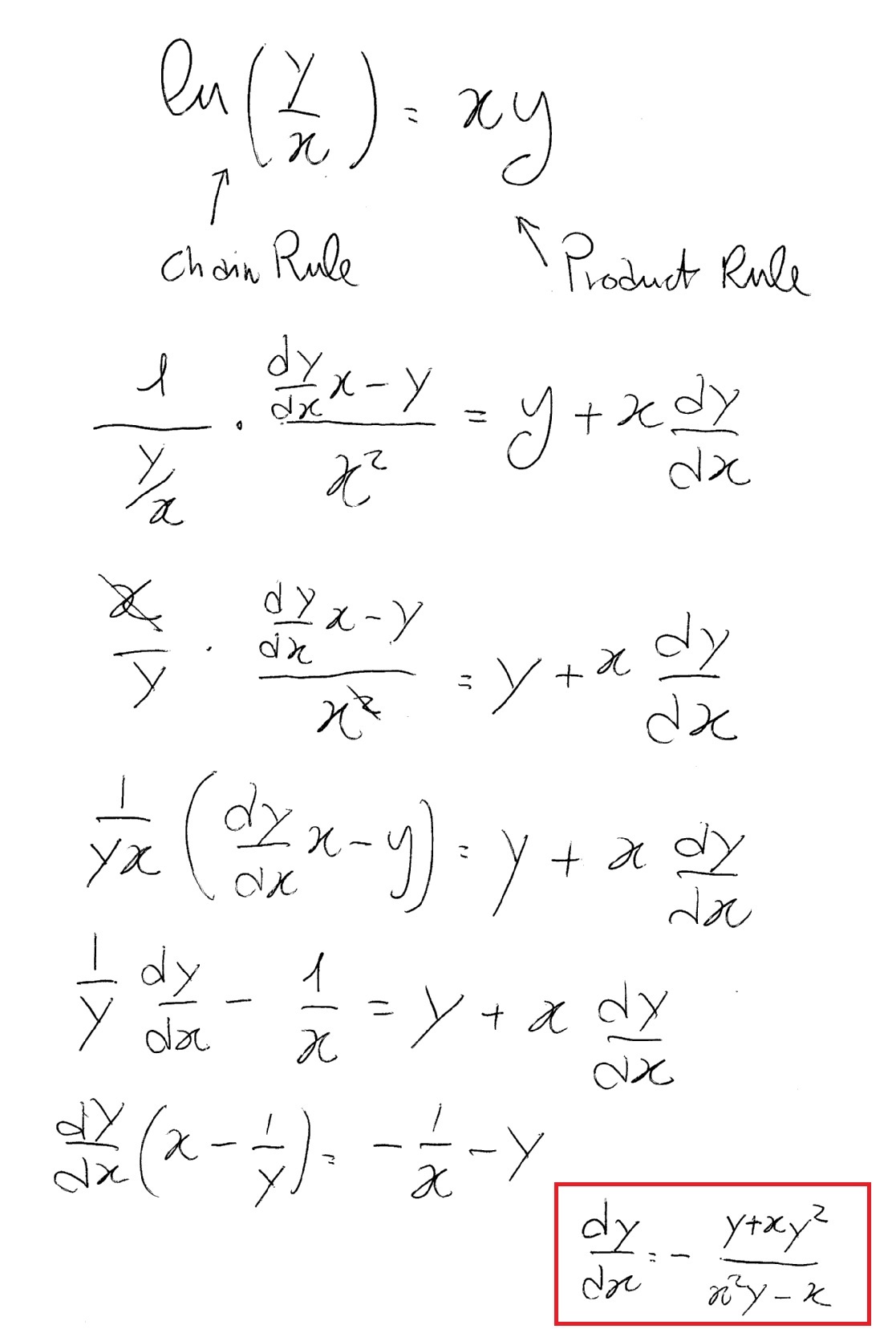 | 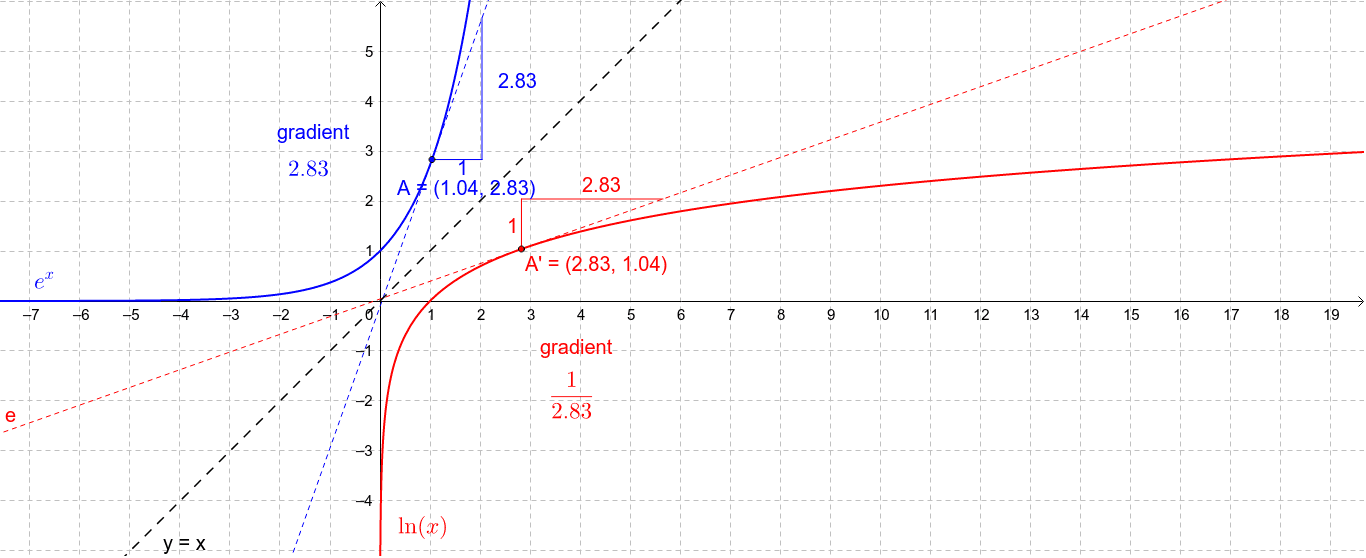 |  |
 | 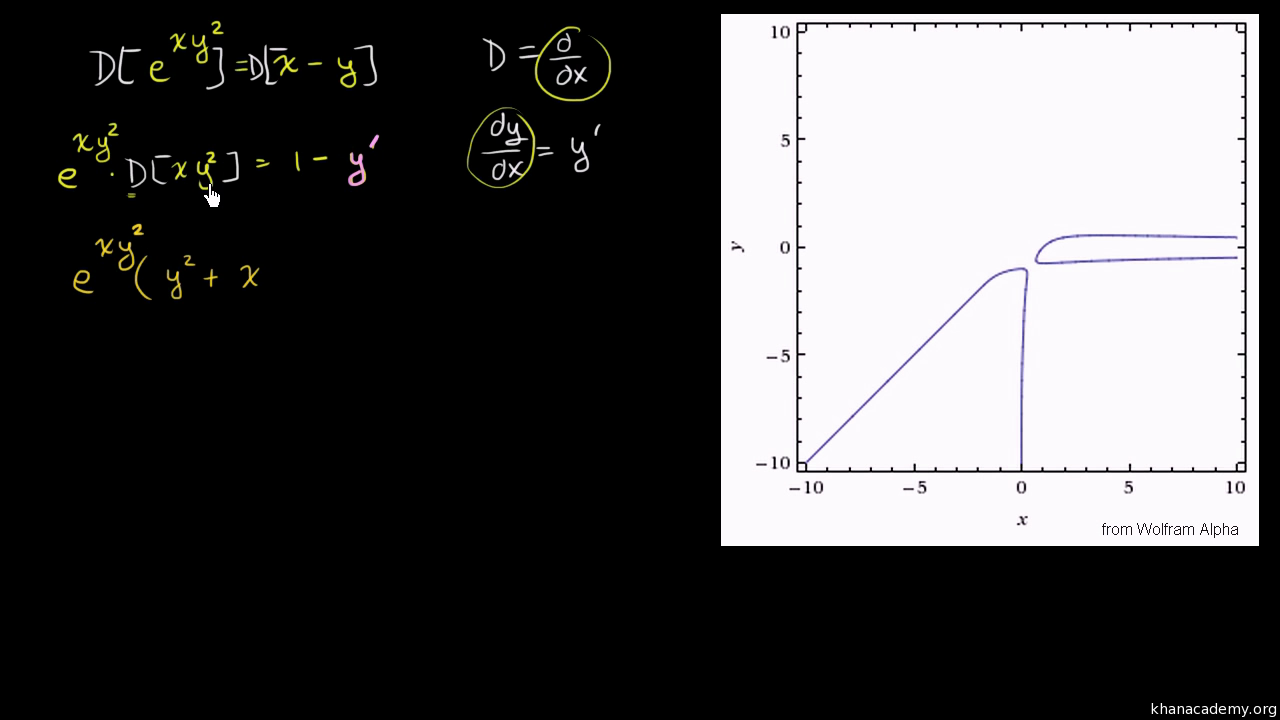 |  |
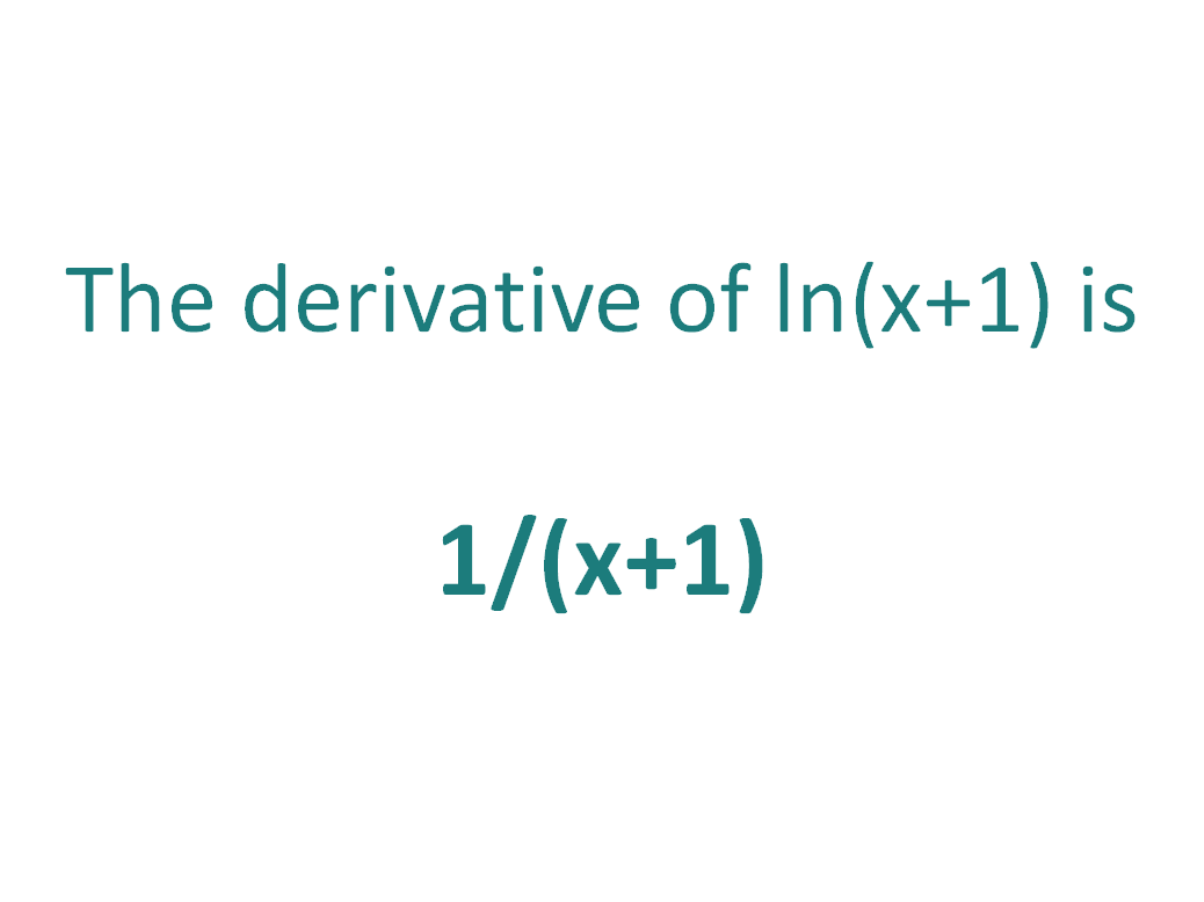 |  | 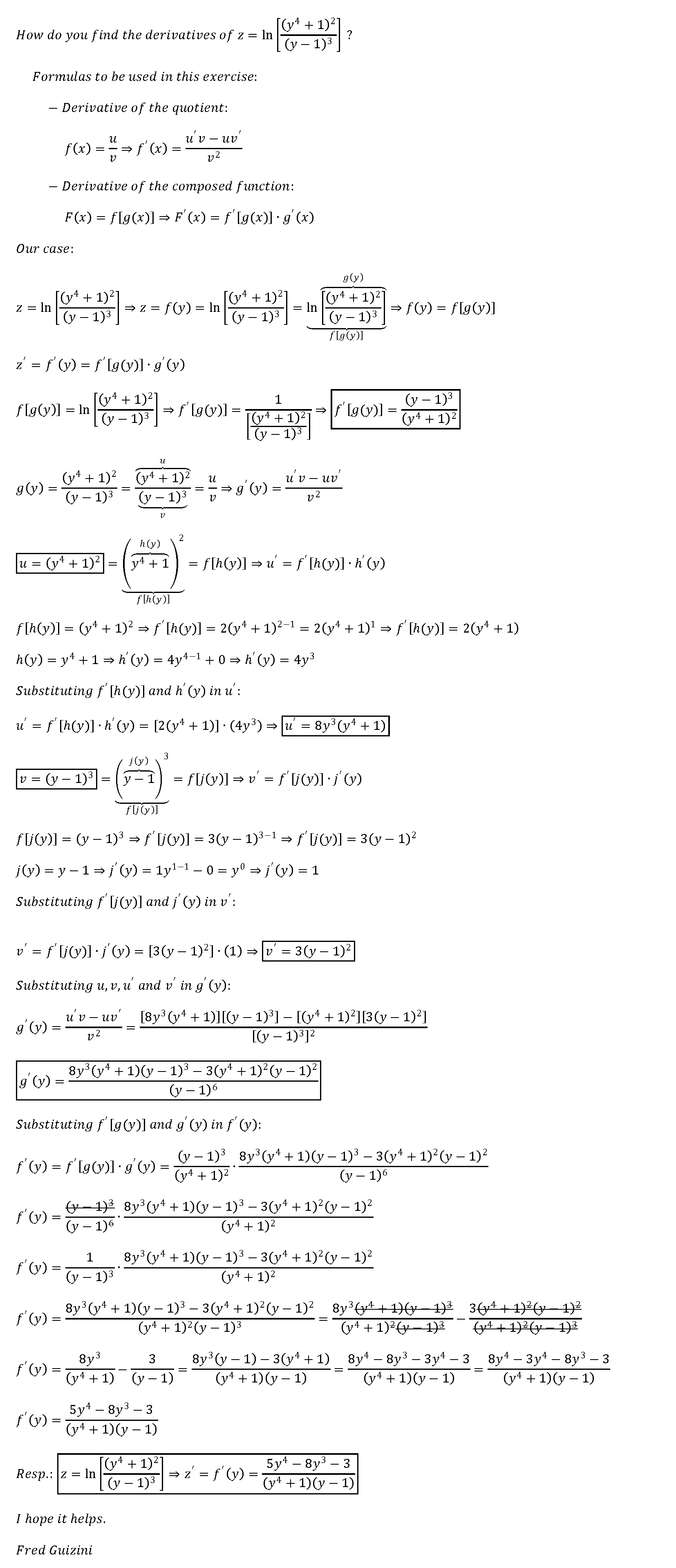 |
「Second partial derivative of ln(x^2+y^2)」の画像ギャラリー、詳細は各画像をクリックしてください。
 |  |  |
 | 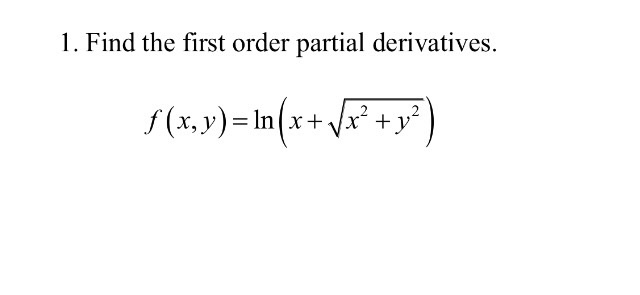 |  |
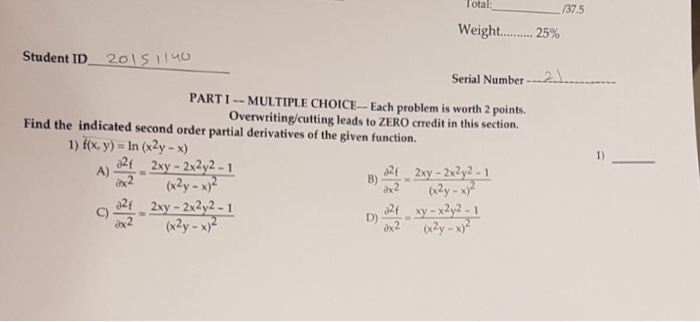 | 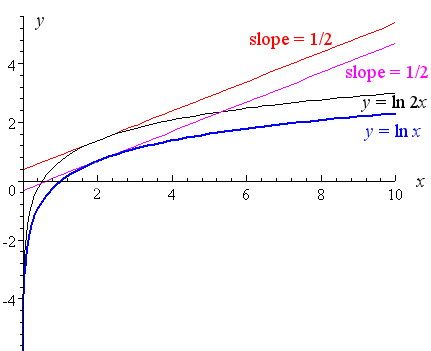 | |
「Second partial derivative of ln(x^2+y^2)」の画像ギャラリー、詳細は各画像をクリックしてください。
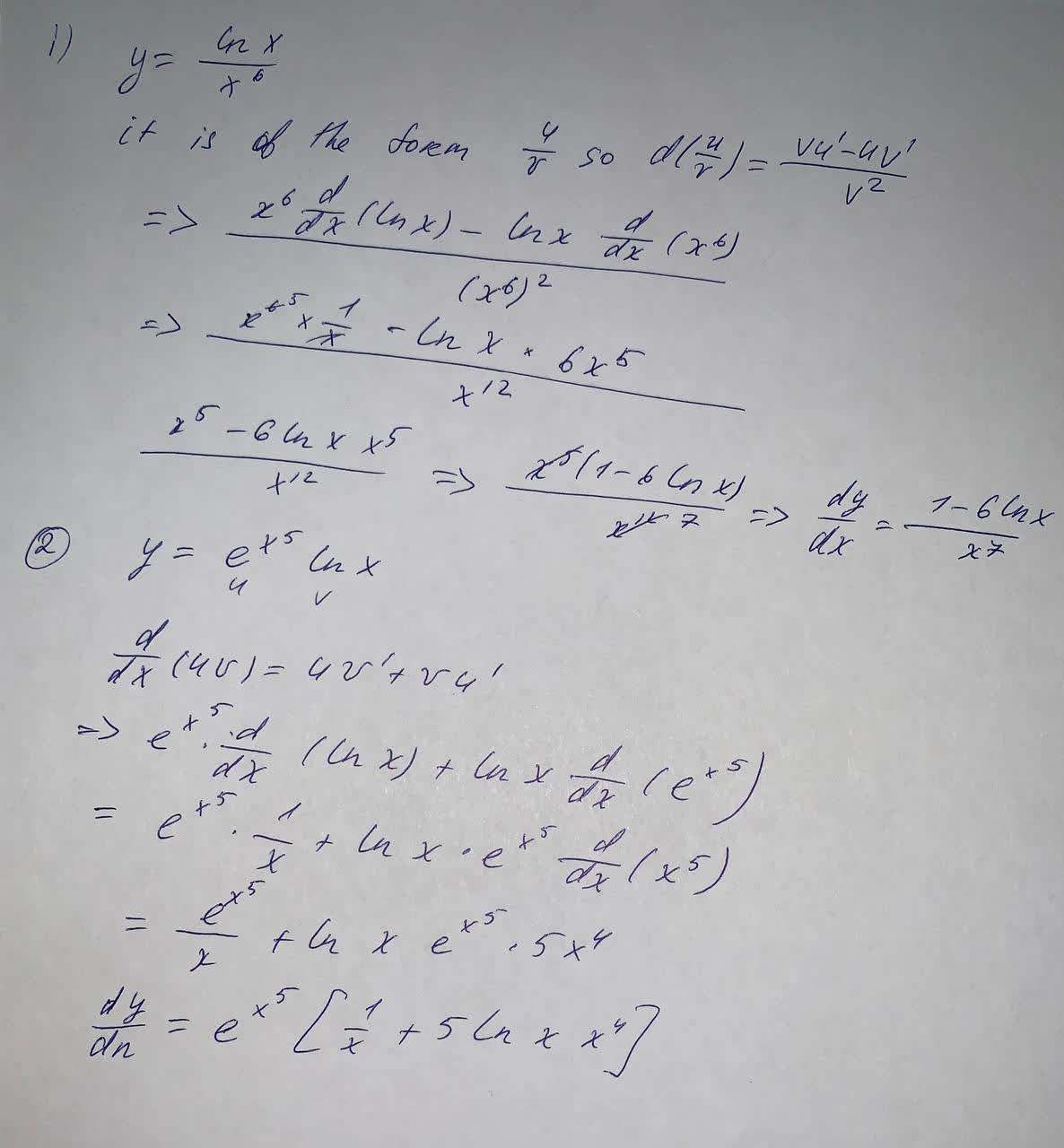 | 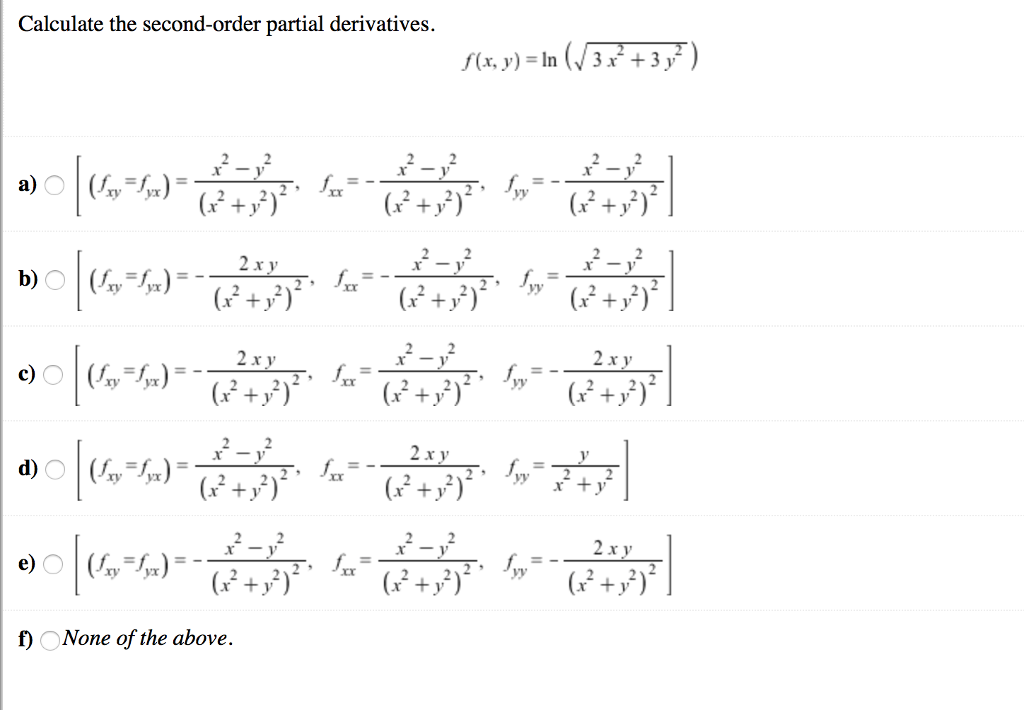 |  |
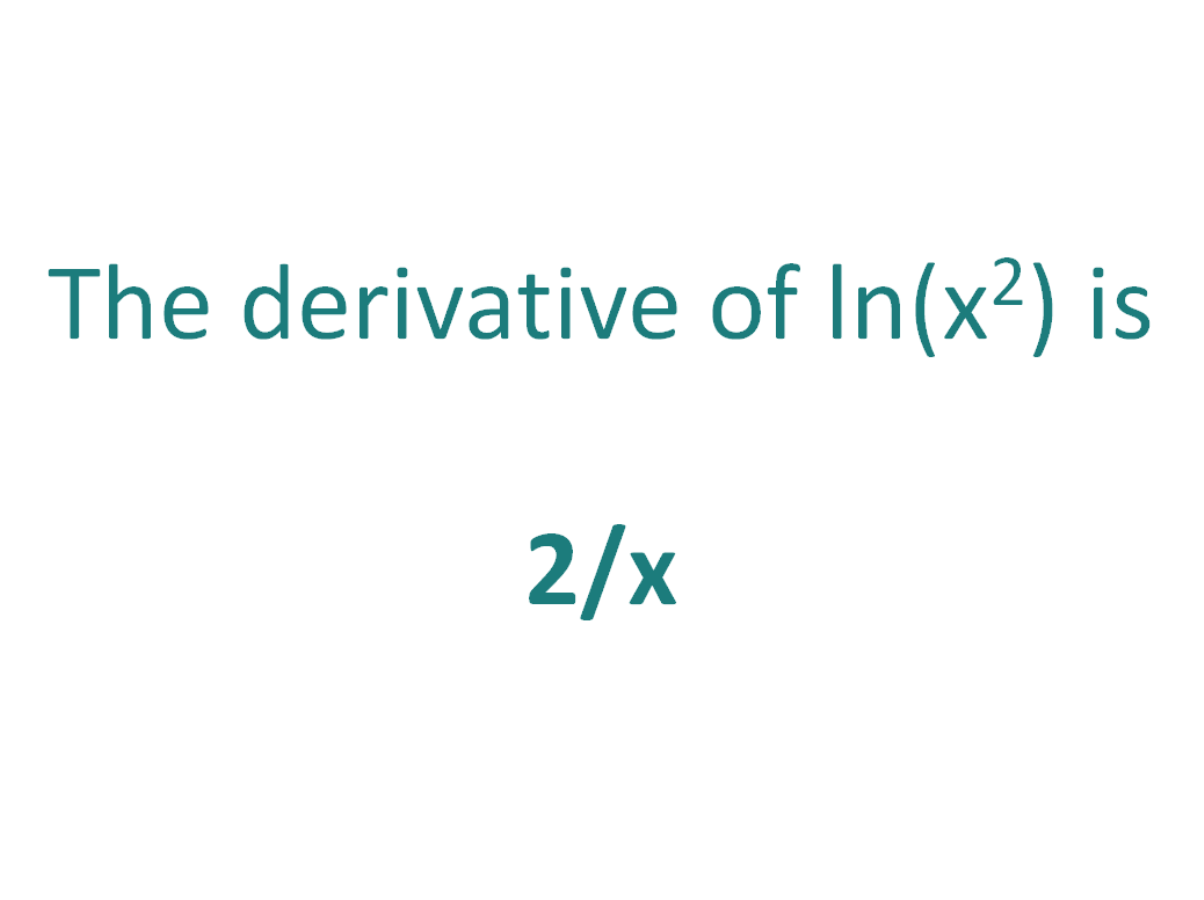 | 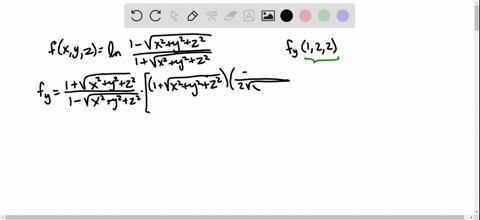 |  |
 | 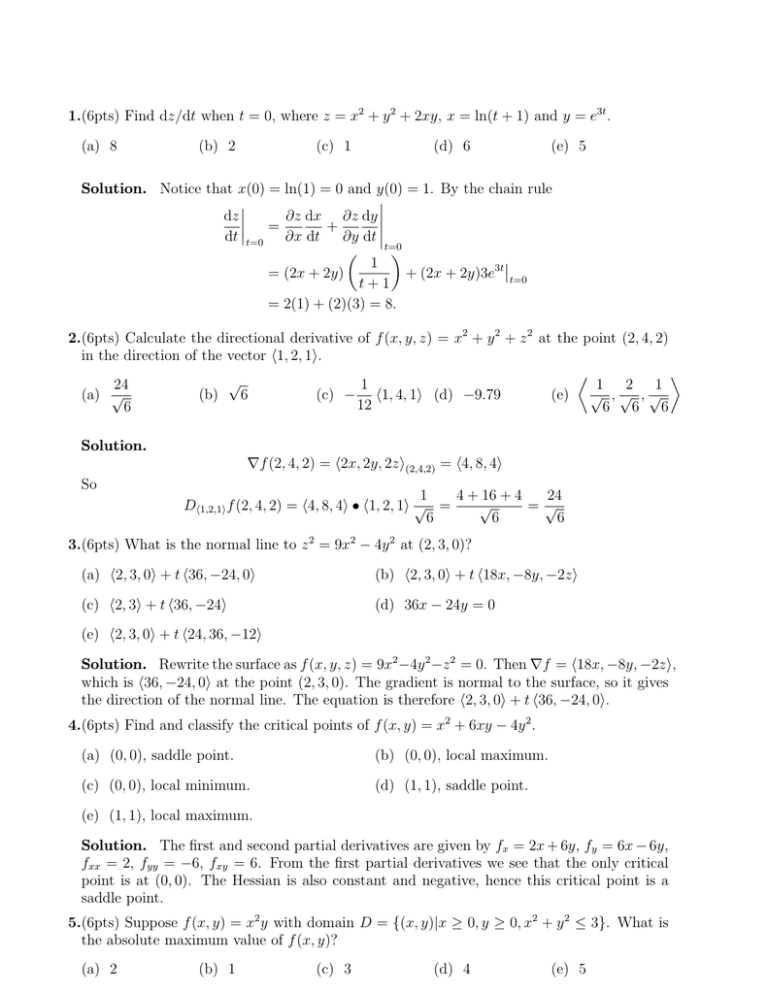 |  |
「Second partial derivative of ln(x^2+y^2)」の画像ギャラリー、詳細は各画像をクリックしてください。
 |  | 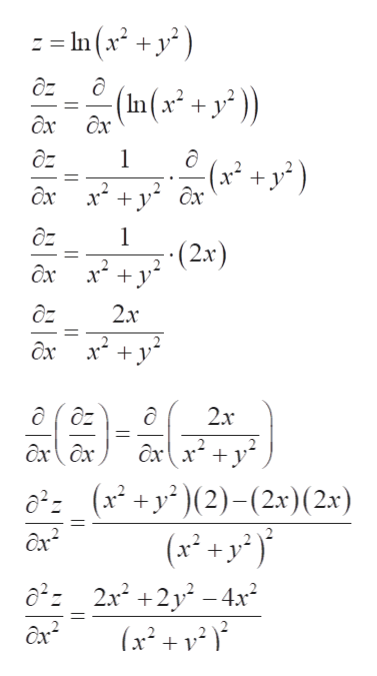 |
 | 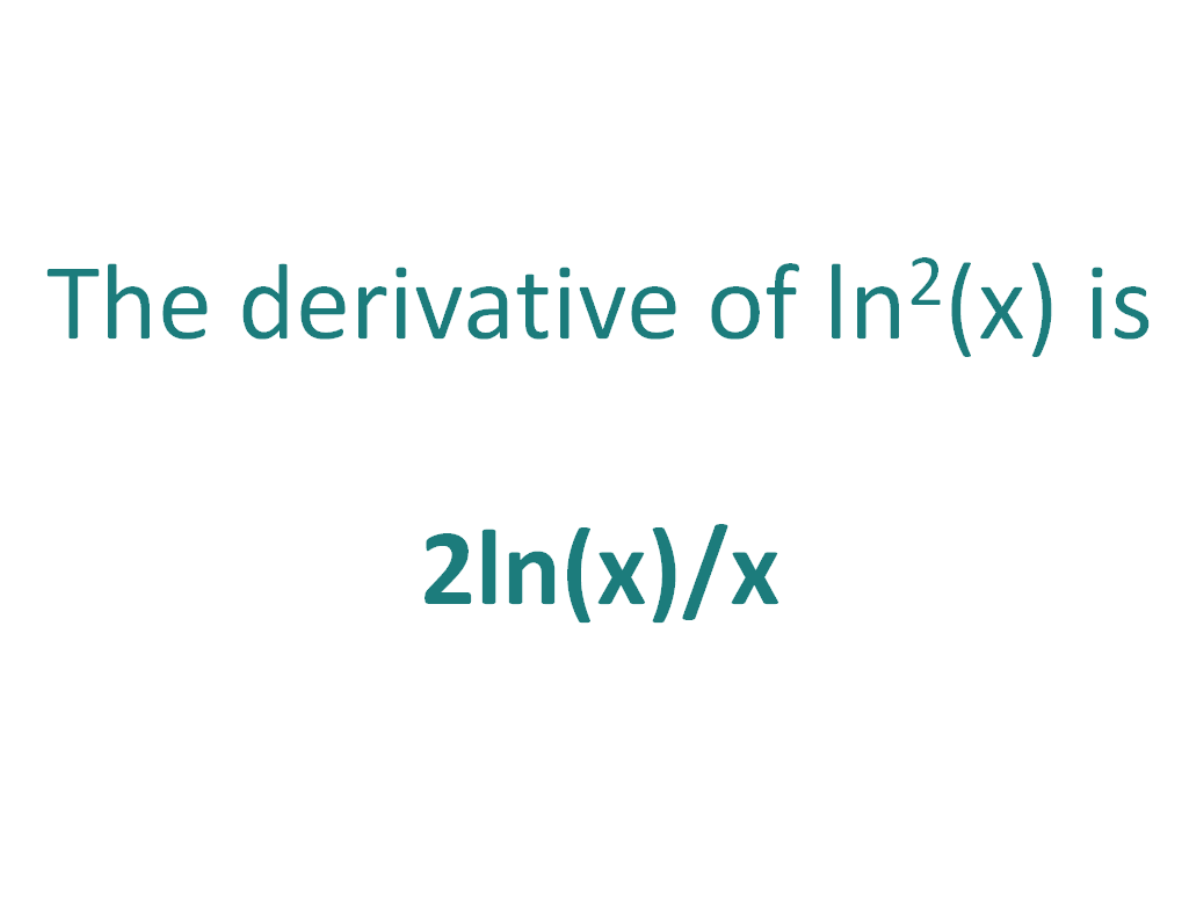 | |
 |  | |
「Second partial derivative of ln(x^2+y^2)」の画像ギャラリー、詳細は各画像をクリックしてください。
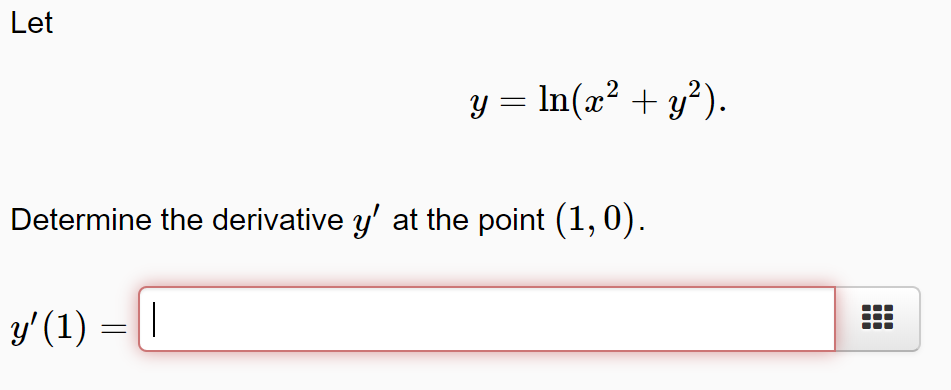 |  | 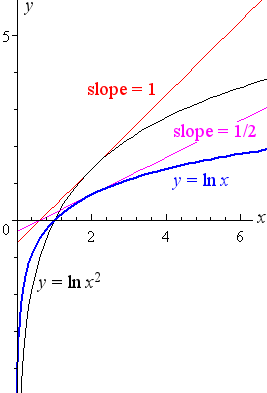 |
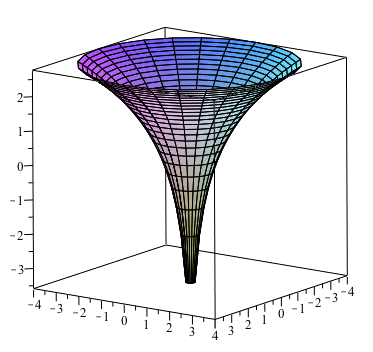 | 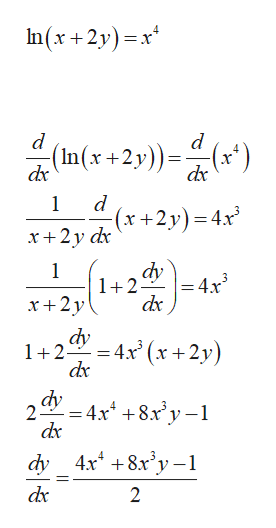 | |
 | 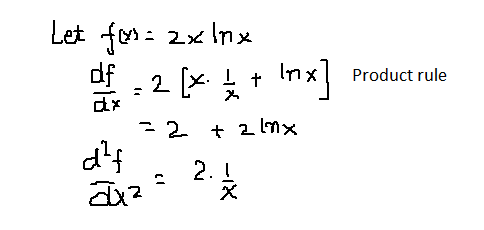 | 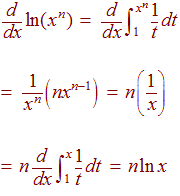 |
「Second partial derivative of ln(x^2+y^2)」の画像ギャラリー、詳細は各画像をクリックしてください。
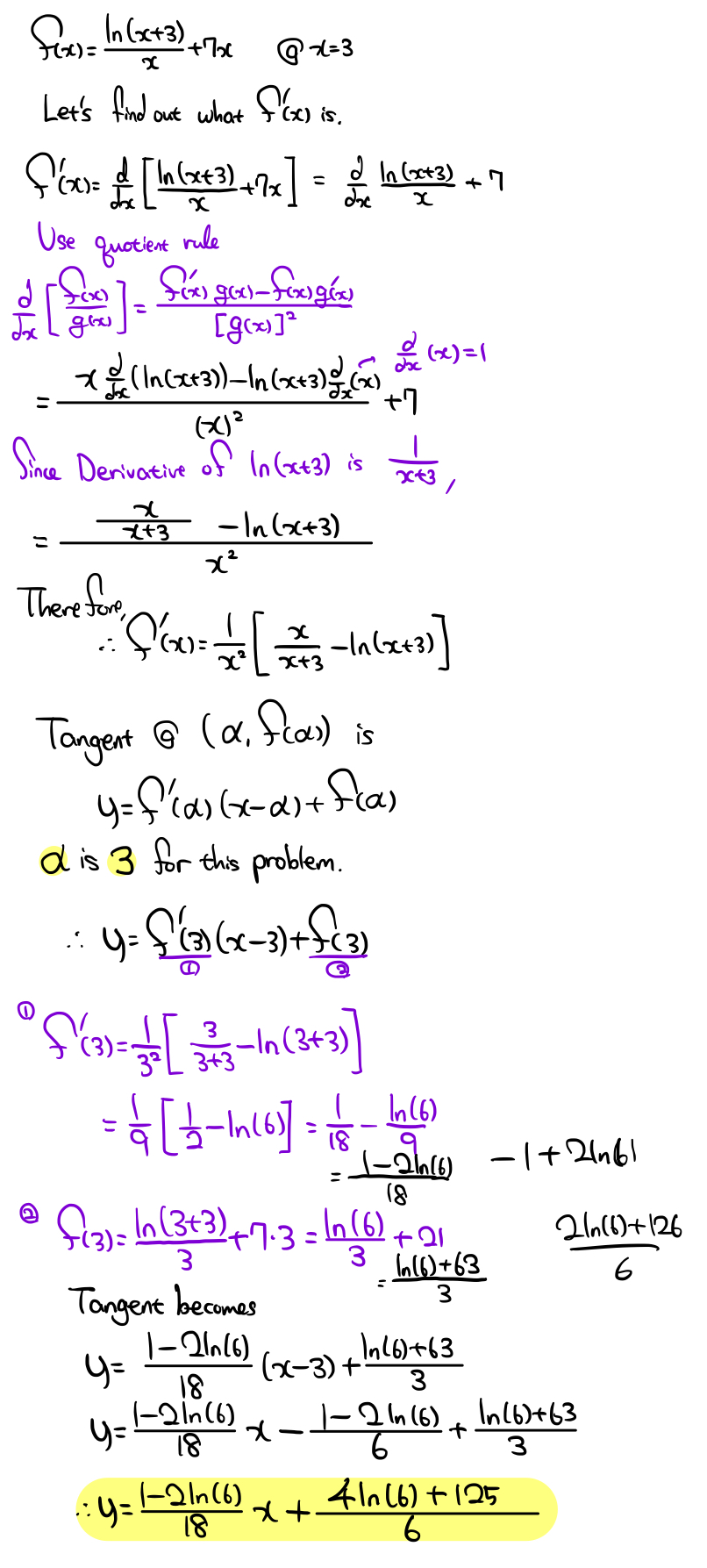 | 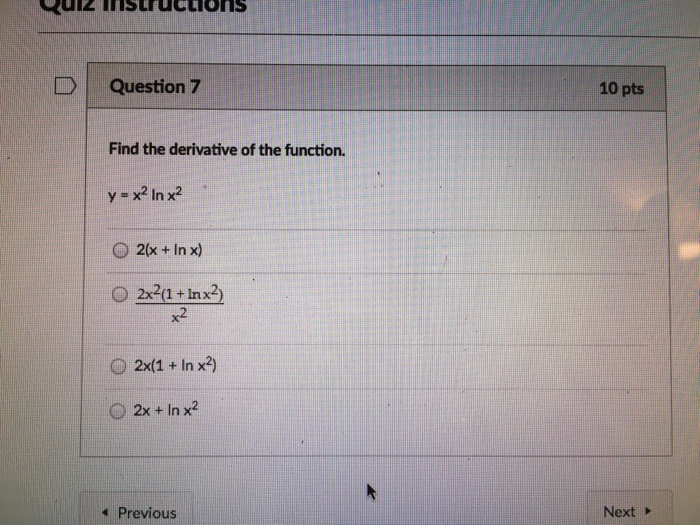 |  |
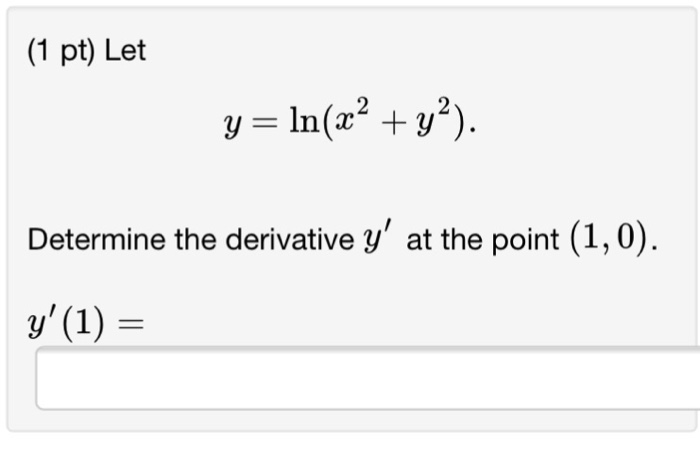 | 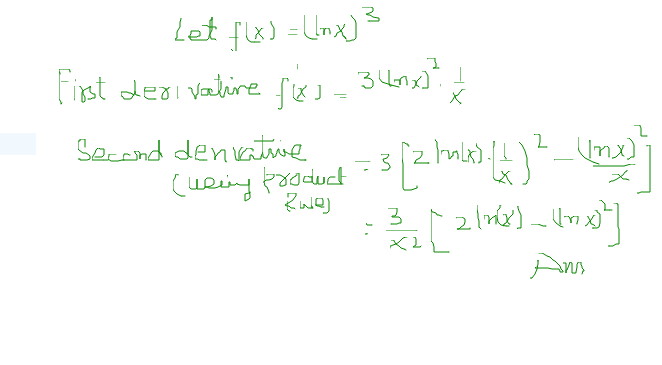 |
The derivative of ln (x) or ln (kx) is 1/x In notation, that's The natural log function, and its derivative, is defined on the domain x > 0 The derivative of ln (k), where k is any constant, is zero The second derivative of ln (x) is 1/x 2 From above, we found that the first derivative of ln^2x = 2ln(x)/x So to find the second derivative of ln^2x, we just need to differentiate 2ln(x)/x We can use the quotient rule to find the derivative of 2ln(x)/x We can set f(x) = ln(x) and g(x) = x and apply the quotient rule to find the derivative of f(x)/g(x) = 2(1ln(x))/x 2
Incoming Term: derivative of ln(x^2+y^2), differentiation of ln(x^2+y^2), partial derivative of ln(x^2+y^2), derivative of ln(sqrt(x^2+y^2)), second partial derivative of ln(x^2+y^2), derivative of ln(x^2+y^2)^1/2, partial derivative of ln(sqrt(x^2+y^2)), partial derivative of ln(sqrt(x^2+y^2+z^2)), find the derivative of the function. y = ln x + 2 x − 2,




0 件のコメント:
コメントを投稿